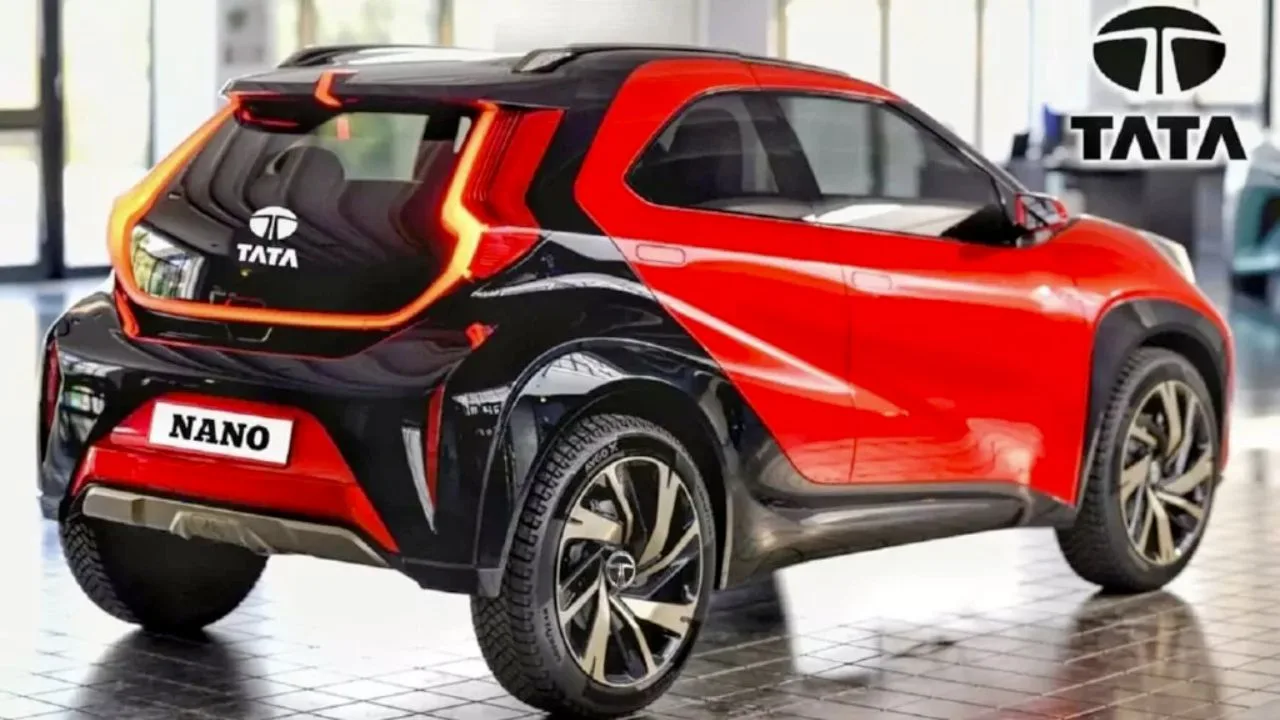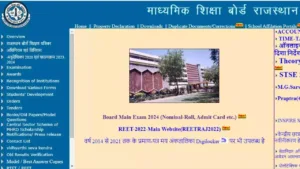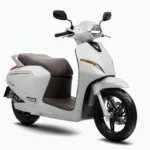The Tata Nano, once the world’s cheapest car, revolutionized the Indian automobile industry by making personal mobility accessible to a wider population. Now, rumors and speculations swirl around the potential arrival of the Tata Nano EV, an electric iteration of this iconic vehicle.
While there is no official confirmation from Tata Motors regarding the Nano EV’s existence, its potential arrival sparks intriguing possibilities for the Indian electric vehicle (EV) landscape. Let’s delve into the potential features, benefits, and challenges associated with the hypothetical Tata Nano EV.
Possible Features and Benefits:
- Affordability: The legacy of the original Nano lies in its budget-friendly price tag. If translated to the electric version, the Nano EV could become the most affordable electric car in India, potentially attracting a new segment of eco-conscious buyers.
- Range and Performance: While specific details are unavailable, speculations suggest the Nano EV might offer a driving range of around 150-200 kilometers on a single charge, suitable for daily commutes within cities. The focus might be on practicality and efficiency rather than high-speed performance.
- Environmental Impact: By transitioning to electric power, the Nano EV could significantly reduce tailpipe emissions, contributing to cleaner air and a greener transportation sector in India.
- Urban Mobility: The compact size and maneuverability of the original Nano were well-suited for navigating congested city streets. The Nano EV could inherit these qualities, making it an ideal choice for urban commutes.
Potential Challenges:
- Battery Cost and Infrastructure: The cost of batteries remains a significant barrier for electric vehicles. Ensuring affordability might require innovative battery technologies and a robust charging infrastructure across the country.
- Safety Concerns: Upgrading the Nano’s platform to accommodate an electric drivetrain and ensure safety compliance with new regulations might pose technical and financial challenges.
- Competition: The Indian EV market is witnessing increasing competition, with established players and new entrants offering a wider range of electric vehicles. The Nano EV would need to carve out a distinct niche to succeed.
Overall, the potential arrival of the Tata Nano EV presents a fascinating proposition for the Indian electric vehicle market. While its existence remains unconfirmed, the idea holds immense potential to:
- Make electric mobility more accessible to a wider segment of the population.
- Contribute to reducing carbon emissions and fostering a sustainable transportation ecosystem.
- Rekindle the legacy of the iconic Nano by adapting it to the evolving automotive landscape.
However, significant challenges need to be addressed regarding battery costs, safety improvements, and navigating a competitive market. Only time will tell if the Tata Nano EV becomes a reality and shapes the future of electric mobility in India.














